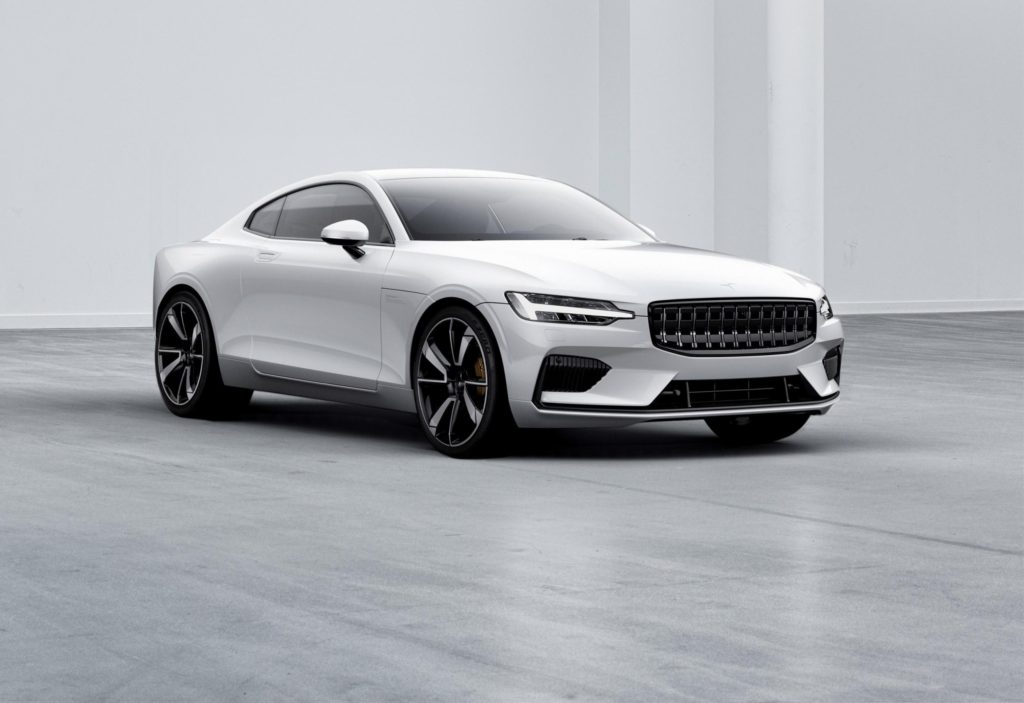Volvo reported to end petrol engine development
01 March 2018

01 March 2018
According to a report by US automotive magazine Road and Track, Volvo will no longer develop a new generation of petrol engines. This follows news, which broke back in May 2017, that Volvo will be the first leading carmaker to abandon diesel engine technology. Numerous carmakers have since announced that they will follow suit and cease to develop diesel engines but Volvo is the first OEM which is reported to be ending petrol engine development.
Volvo confirmed last summer that it does not want to develop diesel engines as part of its electrification strategy. The focus will be on plug-in hybrid technology, with every new Volvo model to be introduced after 2019 featuring an electric motor. However, a fully electric car is also planned for 2019.
In an interview given at the presentation of the new Volvo V60 in Stockholm, CEO Håkan Samuelsson is reported as saying that petrol engines now face the same fate. He commented that Volvo will not stretch its budget to create a new generation of internal combustion engines (ICE) and so the current offering will be Volvo’s last. Nevertheless, Volvo will introduce a range of petrol and diesel plug-in hybrids as well as vehicles with 48-Volt mild-hybrid systems.
Essentially, every new car introduced by Volvo from 2019 onwards will have an electric motor, either in the form of a pure electric car, a plug-in or a mild hybrid. Specifically, the plan is to bring five pure electric cars to market between 2019 and 2021 – three Volvo models and two high-performance electric vehicles which will be launched under Volvo’s new standalone performance sub-brand Polestar.
The first model, the Polestar 1 will make its European debut at the Geneva Motor Show early in March. The model had its world premiere at the Shanghai motor show and is due to be rolled out in Germany and three other European markets as well as in the US and China by mid-2019. Since the company announced the Polestar 1 in October, more than 5,000 people have expressed an interest in the €150,000 vehicle and so Polestar is already deciding whether to invest in increasing production. Polestar has also announced that production of the Polestar 2 will start at the end of 2019 and this will be followed by the SUV-styled Polestar 3.
Since Volvo announced that it will cease the development of diesel engines, Fiat Chrysler Automobiles (FCA) has become the latest manufacturer to suggest it will drop diesel engines from its line-up as the market continues to suffer. This follows similar plans announced by Porsche, PSA Group and Nissan recently and this lack of ICE product will ultimately accelerate the demise of diesel.
It is expected that other OEMs will follow Volvo’s lead and end the development of petrol engines too, especially with various European countries already looking to ban internal combustion engines. This in turn will see the share of hybrid and electric vehicles increase and is another piece in the electrification puzzle, although challenges for remarketing electric vehicles remain.
Photograph courtesy of Volvo